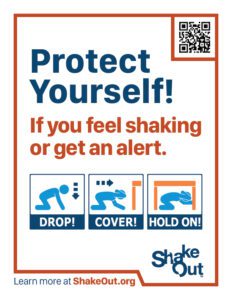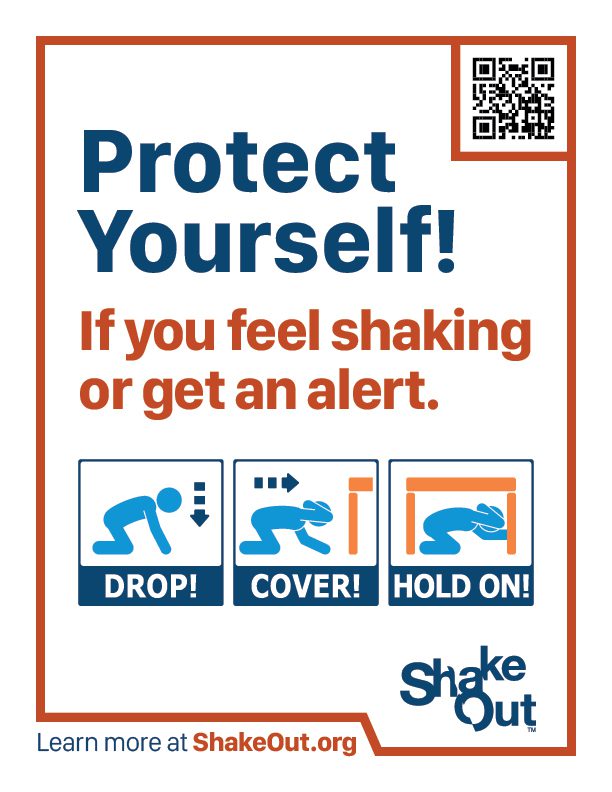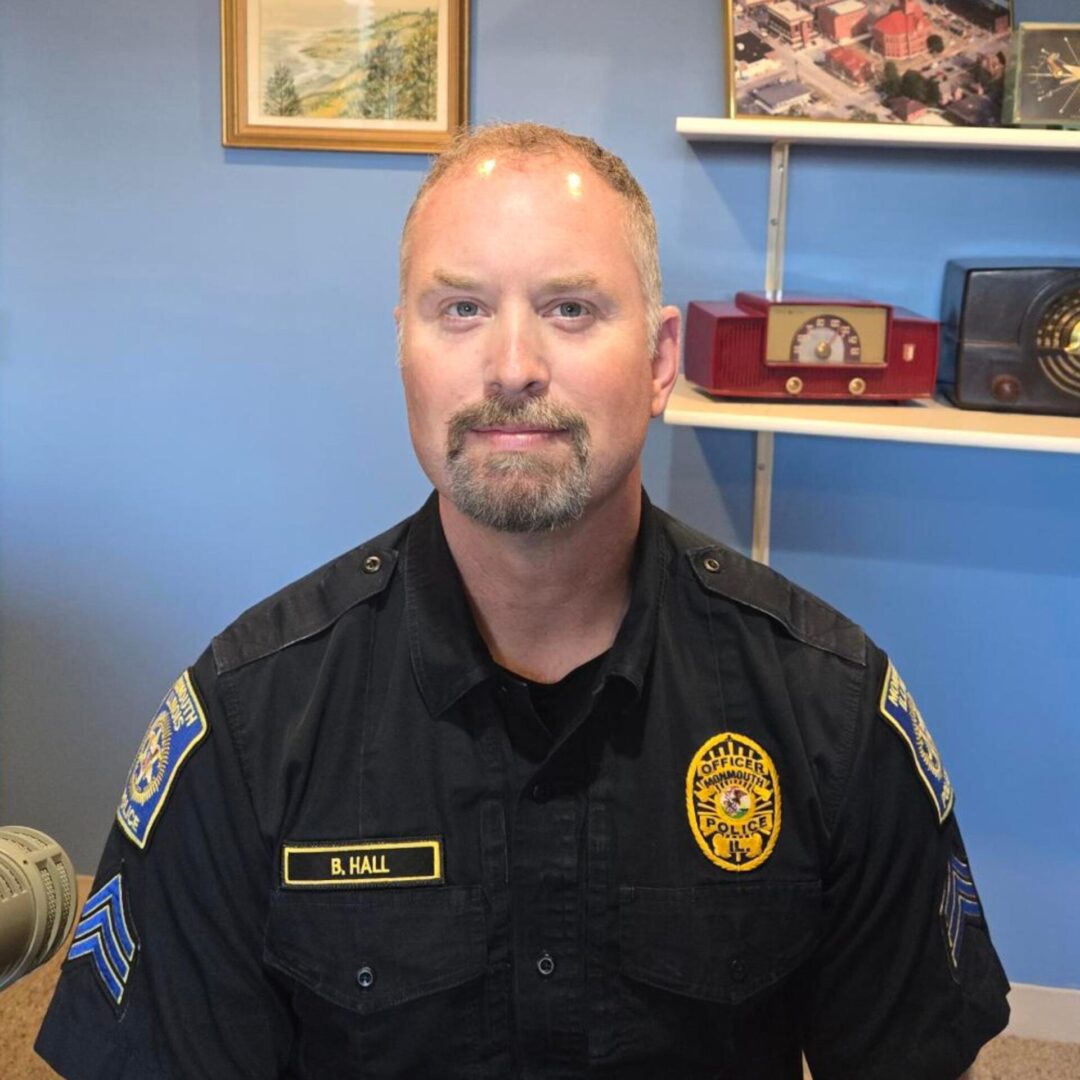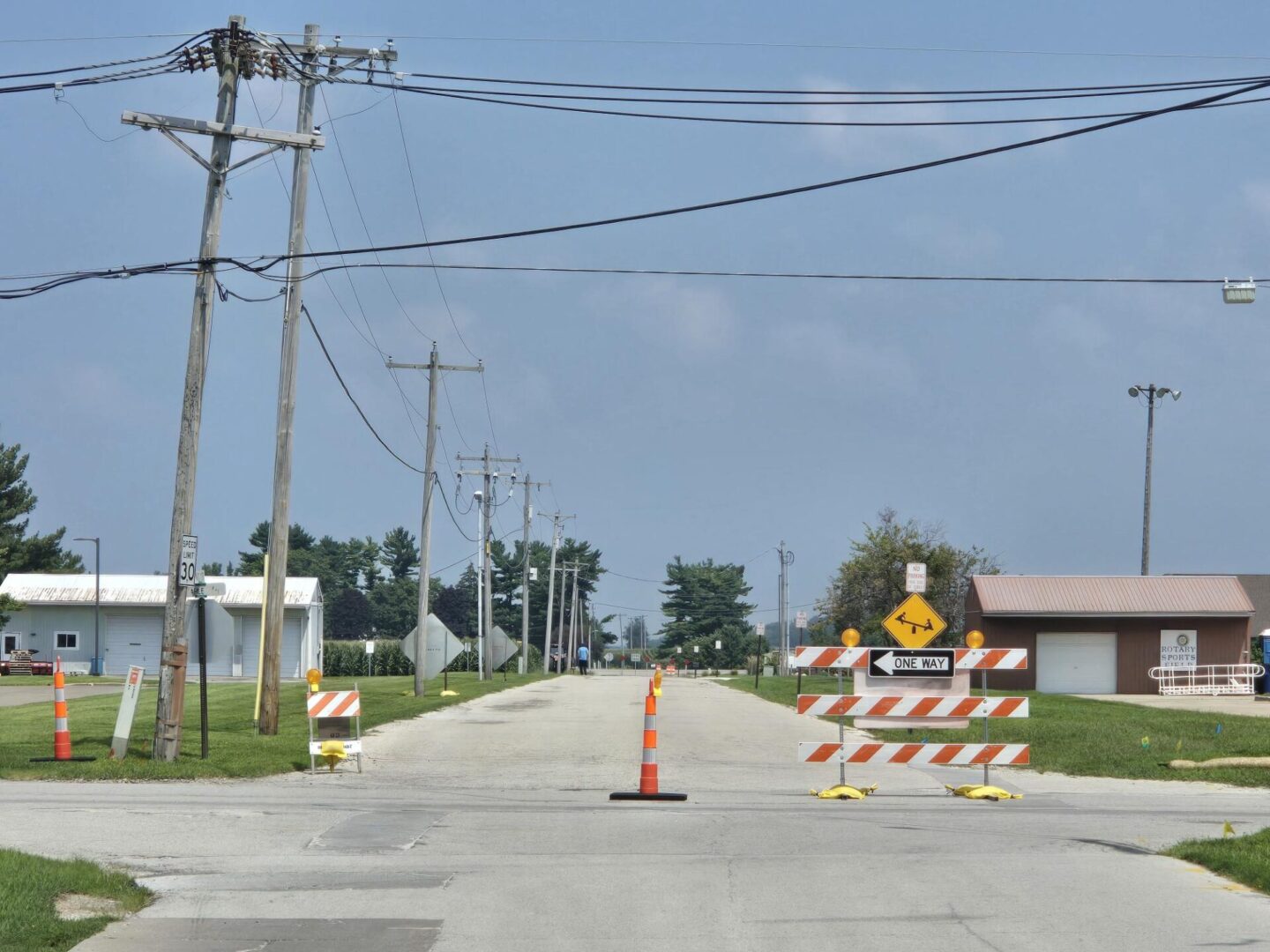Regular cancer screenings increase the chances of early detection and treatment options. Josie Lair, Regional Coordinator of Clinical Practice with OSF HealthCare, stresses the importance of those yearly exams and discussions with your medical providers:
“If you have any symptoms, talk to your doctor about that before that age, don’t wait for that, but the screening ages have come down. Breast cancer screening came down. Colon cancer screening age came down. Cervical cancer screening is all the time. Women who don’t like to go to their doctor once a year for that stuff, it is really important that you go to your doctor. It is important that you talk to your doctor about any symptoms that you have because even if it is not something we are screening for, if it is something that doesn’t feel right, doesn’t look right, you can always talk to your doctor about that, no matter how old you are because that is how they find things when it is early enough to find things. For women, self exams are important and mammograms. Nobody likes any of this stuff, no one wants to do this stuff, but it is really, really important to do it and just to talk to your doctor and stay in communication about anything you feel isn’t feeling right.”
The American Cancer Society recommends beginning cervical cancer screenings at the age of 25 and the age of 45 for breast cancer, colorectal, and prostate screenings.














